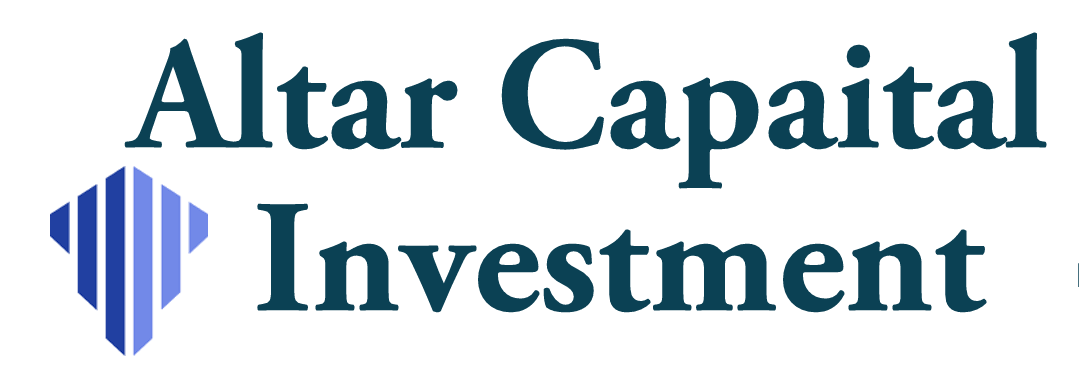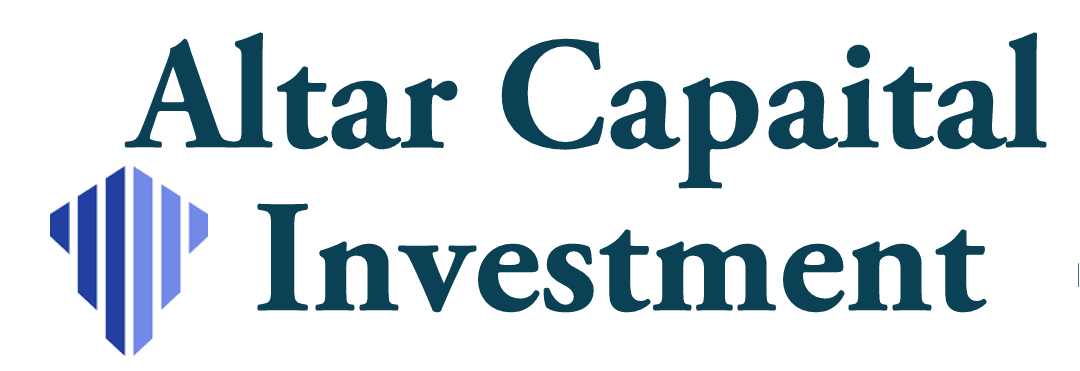Our Fulcrum Fellow interview this week is with Ain Bailey. Ain is Associate Initiative Officer of the Great Communities Collaborative (GCC) at The San Francisco Foundation. At GCC, Ain is leading and designing a strategy to advance racial equity principles and shift the housing narrative throughout the Bay Area. In this interview, Ain describes her approach to ensure conversations around solutions to San Francisco’s housing crisis include race and class, tenant protections, and preservation of affordable housing.
Tell us a little bit about your background, and what brought you to the San Francisco Foundation.
My background is in local government. I started out in city government working on community development by chance. When I was studying for my masters in public administration, I received a mentorship opportunity at the City of Oakland’s Redevelopment Agency. I turned that into a full-time job and worked for the Redevelopment Agency and after the dissolution of Redevelopment in 2012, I worked for Oakland’s Office of Neighborhood Investment until 2017. I currently work at the Great Communities Collaborative (GCC), which is based at the San Francisco Foundation and co-chaired by the Silicon Valley Foundation. GCC works at the intersection of housing, transportation, and climate change, which is a great fit for my interests. GCC is giving me the opportunity to work more regionally on many of the same issues I was working on in local government!
What challenge are you working on for the Fulcrum Fellowship?
The Great Communities Collaborative is working across 9 counties in the Bay area to advance a equitable and sustainable communities across the region. I am focusing on shifting the narrative within the region around our housing needs so that we are having nuanced conversations that include race and class, tenant protections, and preservation of affordable housing in addition to additional housing production. The existing narrative about how to solve our housing crisis is mostly about market rate housing—which in this climate is ridiculously expensive and can be as high as £5,000/month for 1 bedroom. For the communities of people with low incomes and people of color GCC is most concerned about, this is not an achievable rent. We want to increase affordable housing and transit-oriented development that doesn’t displace people, but we need to be having different kinds of conversations to achieve those outcomes.
What strategies have you been working on?
I’ve been reviewing a report by the FrameWorks Institute and Enterprise Community Partners on reframing messaging around affordable housing. The strategy of appealing to compassion doesn’t work, so how do we build the collective will to shift how affordable housing is built? The FrameWorks piece and other national and Cambridge-specific resources are informing conversations I’m having with our grantees about strategic priorities and targets for this work. I want to build on existing shared understanding by adding stories and experiences of grantee partners and their perspective on how to move the conversation. To move our work forward, we need to secure funding. The Fulcrum Fellowship has given me the time and opportunity to dive into the narrative work, and my foundation, building on my work with the Fellowship, just been awarded £500,000 to continue building the messaging knowledge of our grantee partners as they represent the work in the larger strategic discussions happening across the region.
What are you learning about what it’s going to take to move this challenge forward?
At our last Fulcrum Fellowship session, we learned about what it takes to lead and manage our work. I want to take on a leadership role, and I felt the need to make the case to do it. Using lessons from our session, I created a “line of sight” document for myself about what it would take to successfully execute this work. If I were leading this project, how would I do it? What would the scope of the work be? I sent this document to our Vice President of Programs and she said it was exactly what we needed. The work I did put us in a position to articulate our strategy to a funder. I didn’t wait for permission, I took a leadership role and as a result, was encouraged to lead alongside our VP of Programs.
What is the most valuable aspect of the Fulcrum Fellowship so far?
I love Marian. She’s so smart, challenging, and gets me to think outside the box. She pushes us to analyze our thinking and get clear about what we want to do and what it’s going to take. Being in a cohort of people doing similar work provides an opportunity to see our stories, challenges, and opportunities reflected and to identify our blind spots and celebrate achievements. It was been valuable to have the time and space to dig into a project outside the demands of a regular workday. I feel very grateful to have been part of the inaugural cohort. This has been my first year in philanthropy and regional work, and it has been crucial to my development and effectiveness. It has helped me narrow down where I want to focus.
What excites you looking ahead to the rest of 2018?
I’m looking to launch the narrative shift pilot program and make it successful. I’m working to build in arts and youth organizations as well. I want to understand how to get funders regionally to start having similar conversations, so messaging shifts at all levels: grantees, but also coming from money and institutions to shift narrative about what it looks like to build equitable region. It’s a good opportunity to shift narrative and how we work together. The question is how do we do that in real time? I’m excited to see new fellowship class, and it will be good to see who they are for next year. Hopefully we will have opportunity to interact with them at some point.
What’s your media diet?
I have been listening to the Tara Brach podcast, Mindfulness Teachings. I’ve been gravitating towards more longform reads. I also do a lot of hiking to clear my mind and be close to nature.


